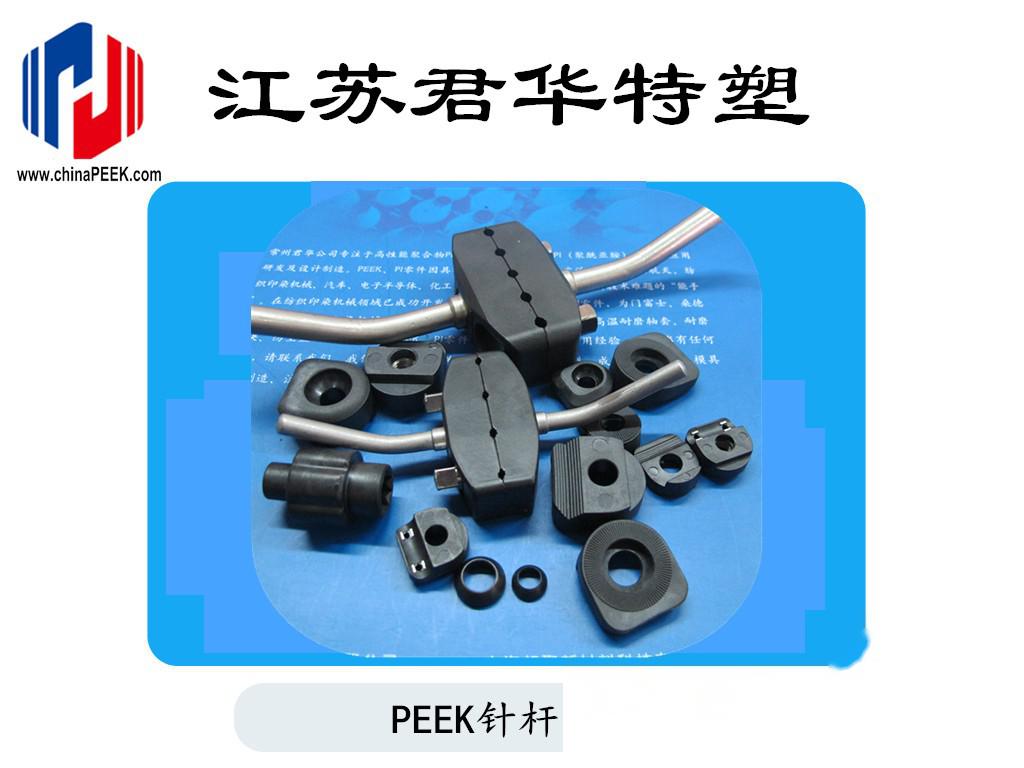

Main Products and Description
Polyether Ether Ketone (PEEK) is an aromatic crystalline thermoplastic polymer with a melting point of 343°C. It has properties that can compete with polyimide (PI) and is known as an ultra-high temperature thermoplastic resin. Its main properties are as follows:
High-Temperature Performance: The glass transition temperature of PEEK polymers and compounds is typically 143°C, with a melting point of 340°C. Tests have shown that although the thermal deformation temperature of unreinforced pure resin is only 160°C (HDT/B), when reinforced with glass fibers or carbon fibers, the thermal deformation temperature can reach 315°C, and the continuous service temperature can reach 260°C.
Abrasion Resistance: PEEK provides excellent wear resistance under various conditions of pressure, temperature, speed, and relative roughness of contact surfaces, reaching the level of polyimide materials.
Chemical Corrosion Resistance: Even at high temperatures, PEEK polymer can resist most chemical environments effectively.
Flammability, Smoke, and Toxic Gas Emission Levels: PEEK polymer is very stable and can meet UL94 V-0 flame retardant requirements without adding any flame retardants at a thickness of 1.45mm. The composition and inherent purity of this material result in very low smoke and toxic gas production in a fire environment.
Hydrolysis Resistance: PEEK polymer and compounds can resist chemical degradation caused by water or high-pressure steam. Components made from these materials can continuously operate in water environments under high temperature and pressure while still maintaining good mechanical properties. PEEK has very low water absorption and can be used in pressurized hot water or steam at 300°C.
Fatigue Resistance: PEEK resin is a plastic that balances toughness and rigidity. Its excellent fatigue resistance to alternating stress is outstanding among all plastics and can compete with alloy materials.
Self-Lubricating: PEEK resin has outstanding sliding properties among all plastics, making it suitable for applications that require low friction coefficients and wear resistance. In particular, sliding grades that are modified with 10% each of carbon fiber, graphite, and polytetrafluoroethylene or 30% CF reinforced grades all exhibit excellent sliding properties.













